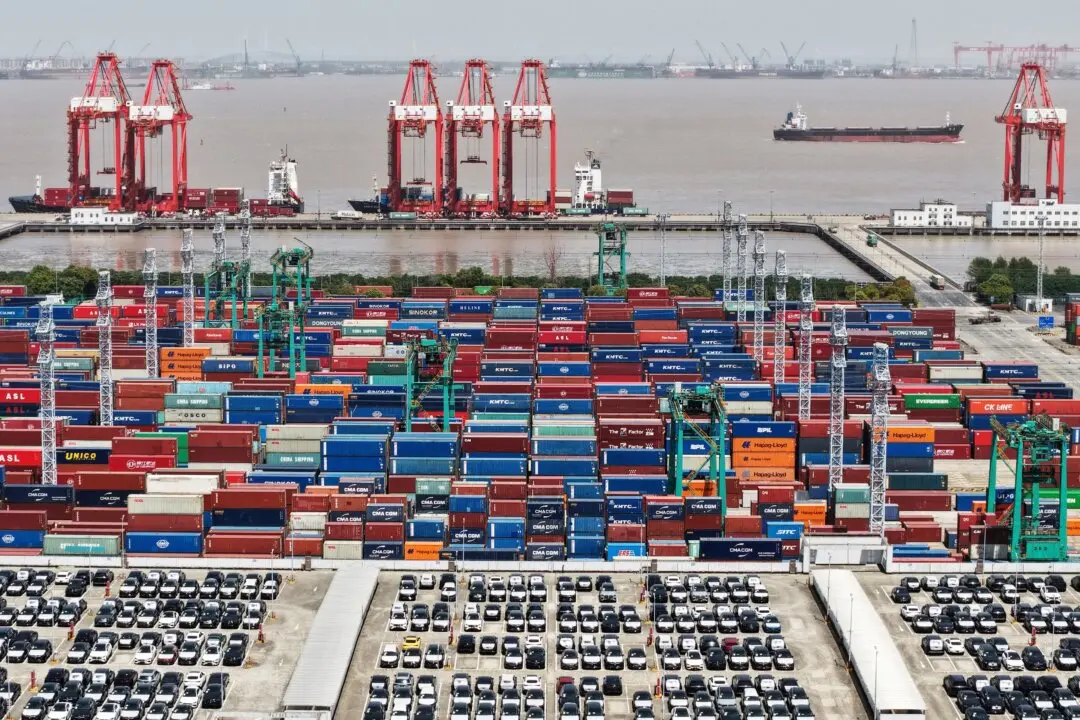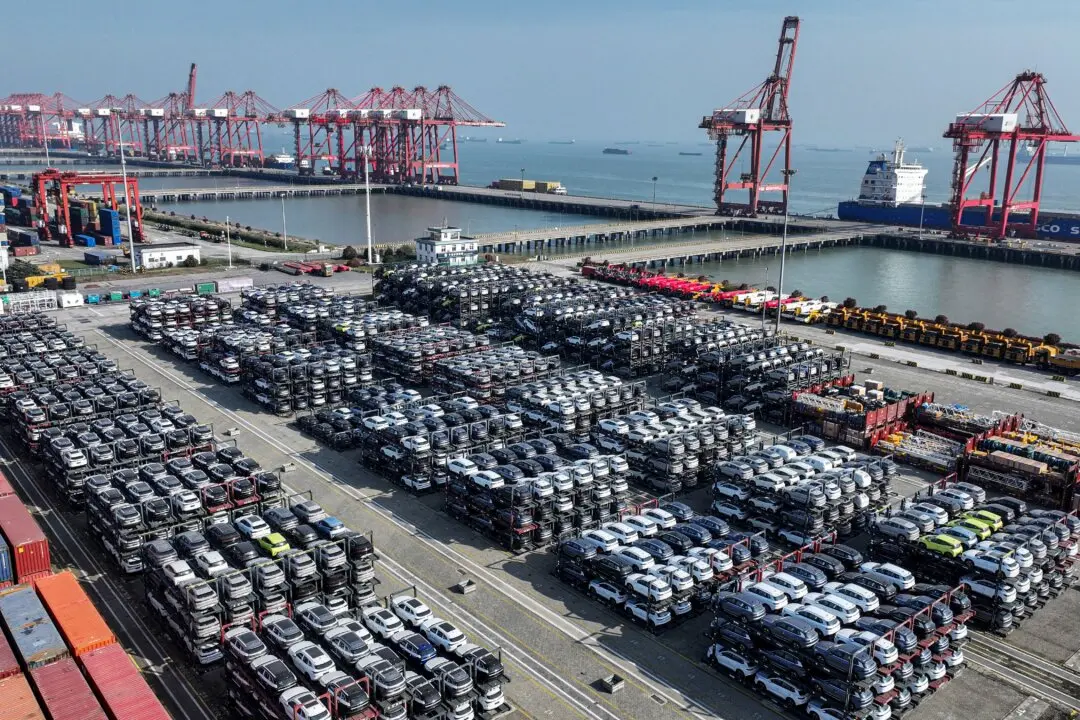Commentary
At last, the Biden administration has issued a long-awaited executive order banning American investments in certain aspects of Chinese technology. The White House has indicated that it has been more than a year in the making and reflects all sorts of compromises with others in government and in industry.





